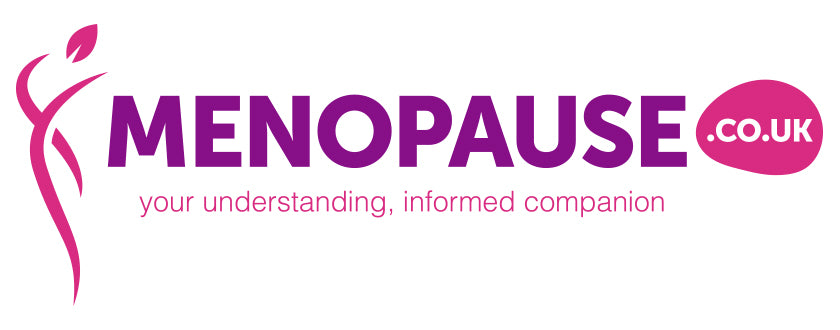The volume of information in the media about fasting makes its benefits pretty undeniable. The 5:2 fast or the 16:8 fast are the two most popular options for fasting.
But, whilst so many people feel amazing when they fast, many of our clients find that they are not losing weight or really struggle with symptoms like being ‘hangry’ or have exacerbated brain fog. So why is this?
Well, it’s another aspect of there not being a ‘one size fits all’ approach when it comes to nutrition: it really depends on where you are in your menopause and how your health is.
Fasting can work incredibly well if you are in the early stages of perimenopause or just starting to experience some of the symptoms. Especially if you have started to develop some of that ‘occult’ weight gain that menopause is so famous for. You know, the weight gain where you are still working out and being careful what you eat, but the scales are creeping up for no reason. That one…
During this stage in menopause when we are becoming more insulin resistant due to the fluctuation in our hormones, so insulin isn’t reducing our blood sugars as it should. In response to this, our body produces more insulin. The problem here is that when we release insulin it sends a signal to our body to ‘store fat’ so we gain weight really easily. Intermittent fasting is brilliant for dealing with insulin resistance so this can be a really effective way to counteract insulin resistance.
Conversely, later on in menopause the body can be dealing with too much of a hormonal drop off, and intermittent fasting can cause our blood sugars to become more imbalanced which is counterintuitive.
The other reason that people don’t do well with intermittent fasting is if we are highly stressed. When we are stressed we produce the hormone, cortisol. One of cortisol’s jobs is to put sugar into our bloodstream. By definition therefore, cortisol raises our blood sugars which the body has to respond to by producing more insulin so we end up in a constant blood sugar rollercoaster even though we are trying to sort out our diet. Before we try intermittent fasting, we must get our stress hormones under control to be able to effectively fast, otherwise the fasting itself will cause MORE stress.
Intermittent fasting shouldn’t be hard on the body; it should be pretty effortless to achieve a 5:2 or a 16:8 plan. If it isn’t and you are either gripping the side of the table watching the clock before you can eat your food, you are ‘hangry’ or you notice weight gain, then intermittent fasting isn’t the right option and it’s more than likely some underlying hormone imbalances need sorting out first.
To get started, speak to a practitioner who really understands about how we need different amounts of carbohydrates at different times of our menopause and who understands the impact of fasting on menopausal women.




